12 GPTs for Token Creation Powered by AI for Free of 2026
AI GPTs for Token Creation are advanced tools designed to leverage Generative Pre-trained Transformers (GPTs) for tasks specifically related to the creation, management, and distribution of digital tokens. These tokens can represent a wide range of assets or rights, managed on blockchain technology. GPTs play a crucial role by offering tailored solutions, enabling users to generate smart contracts, optimize tokenomics, and provide insights into the tokenization process. Their adaptability and advanced natural language processing capabilities make them invaluable for innovating within the digital asset space.
Top 10 GPTs for Token Creation are: CryptoDo - smart contract builder,Build on Base assistant,Crypto Crafter,AstroPepeX,Smart Contract Architect,Smart Contract Creator,Bitcoin Node Guide,base ERC-20 developer,BlockSmith,NEAR Launch
CryptoDo - smart contract builder
AI-powered tool for no-code DApps

Build on Base assistant
AI-Powered Smart Contract Developer

Crypto Crafter
Crafting Blockchain Solutions with AI
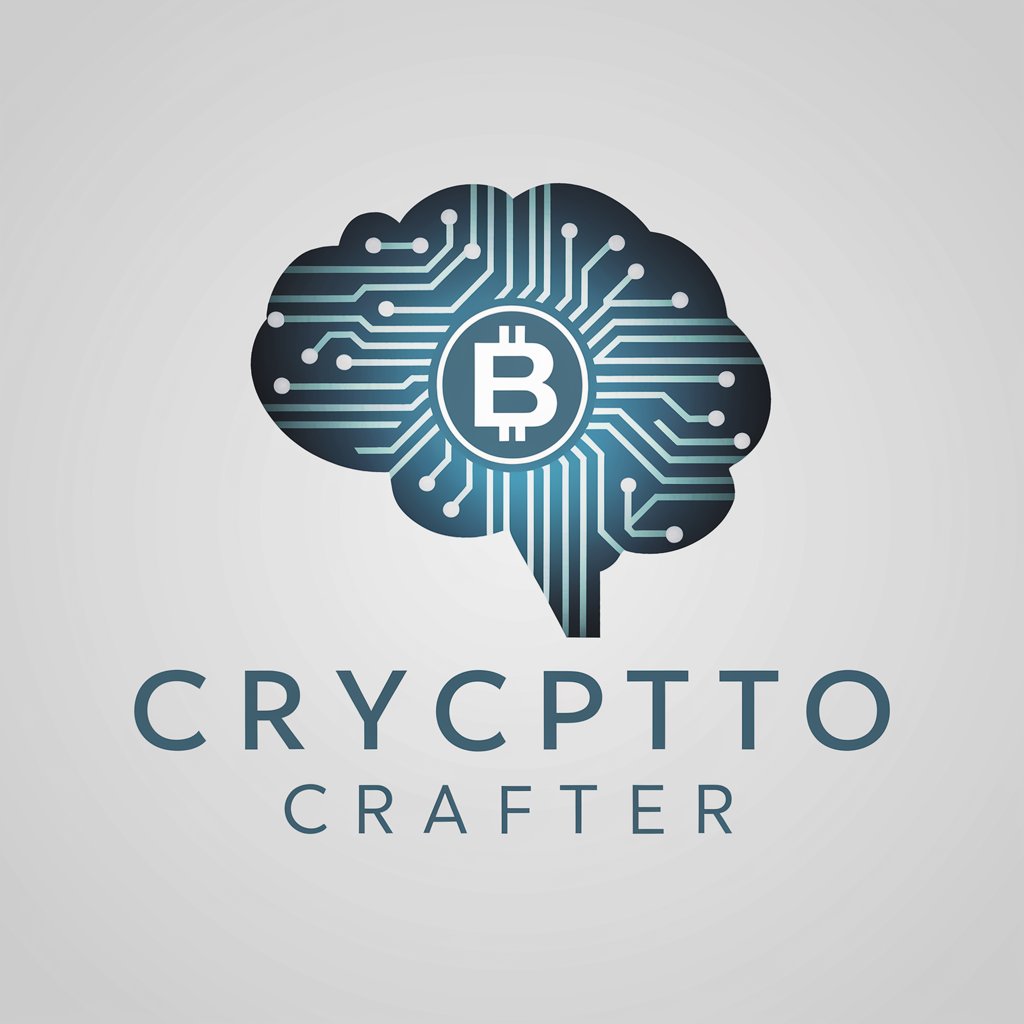
AstroPepeX
Unleash AI Creativity in Token Development
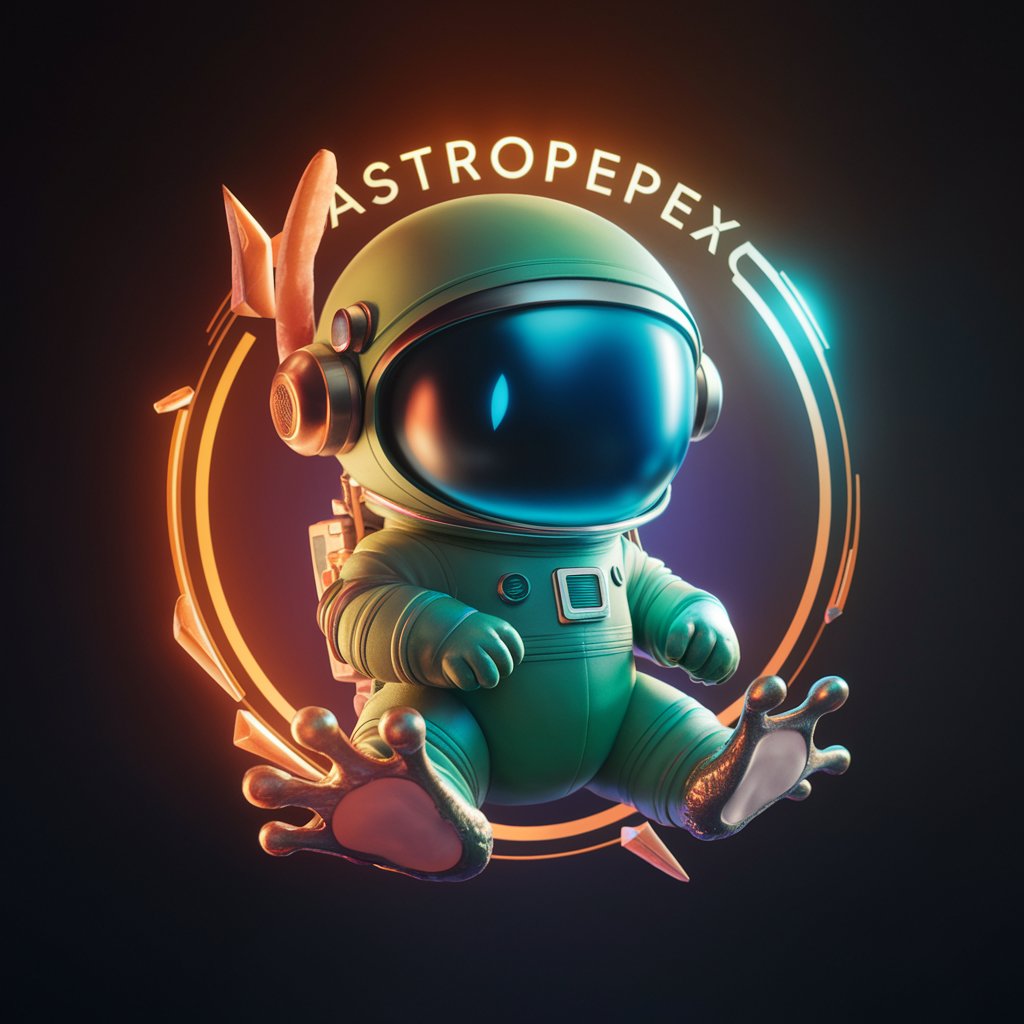
Smart Contract Architect
Empowering Blockchain Creativity with AI

Smart Contract Creator
Automate and Innovate with AI-Powered Smart Contracts
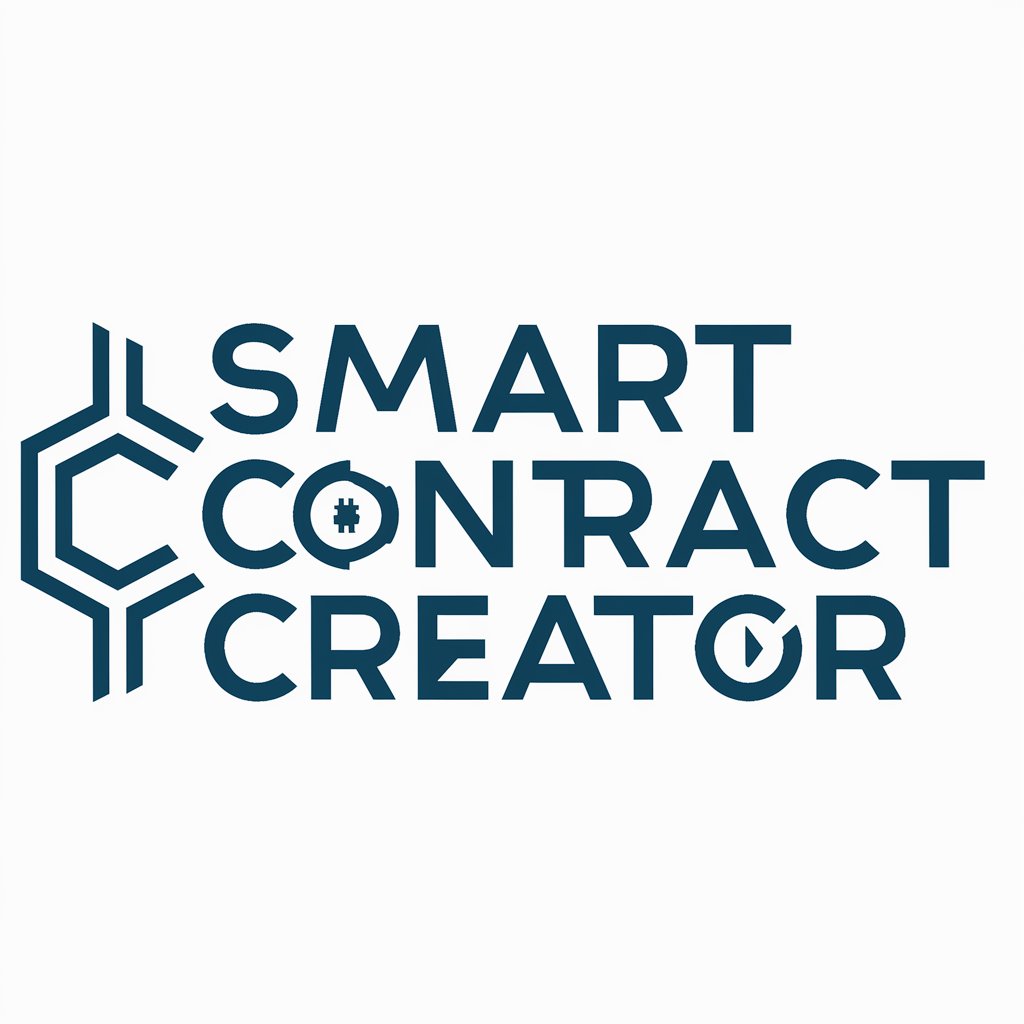
Bitcoin Node Guide
Empowering Bitcoin Innovation with AI

base ERC-20 developer
Simplify ERC-20 Token Creation with AI
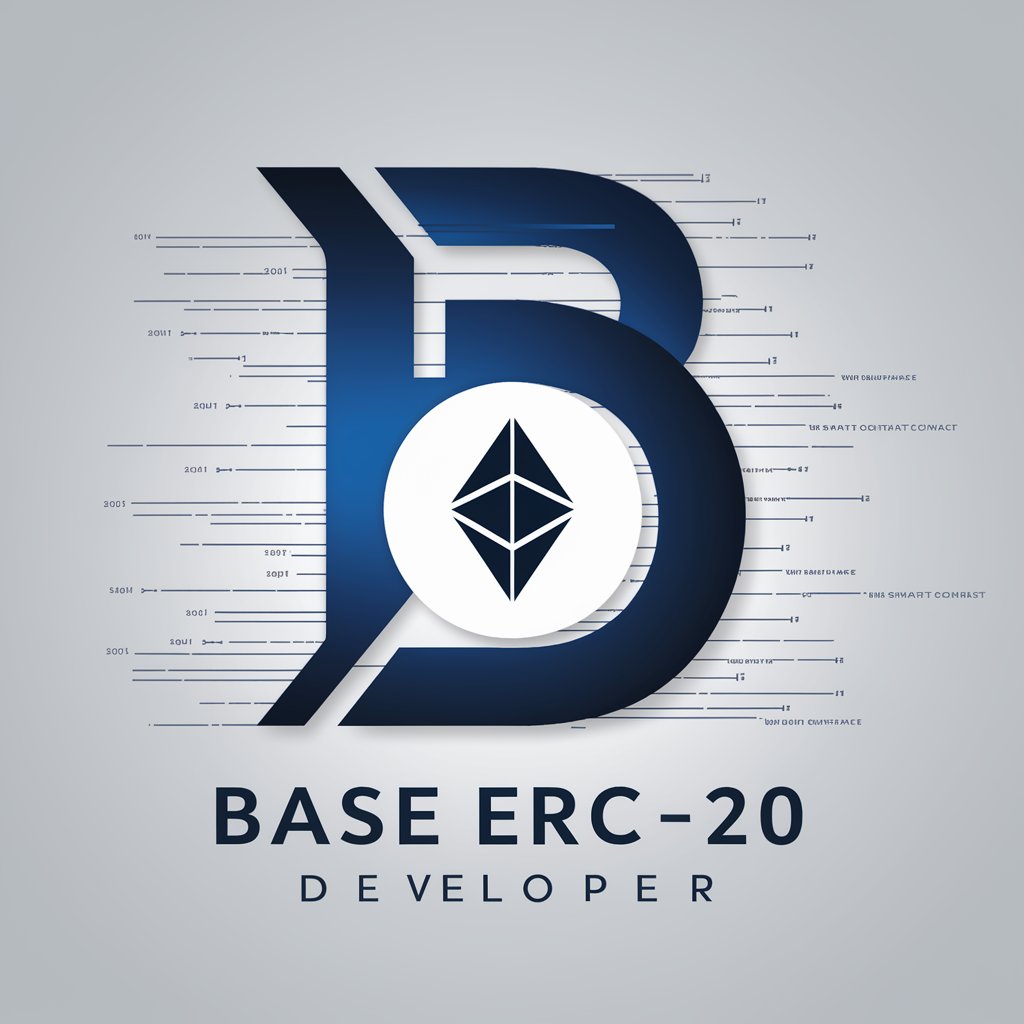
BlockSmith
Unlocking the Power of Blockchain for Everyone

NEAR Launch
Empowering blockchain creativity with AI
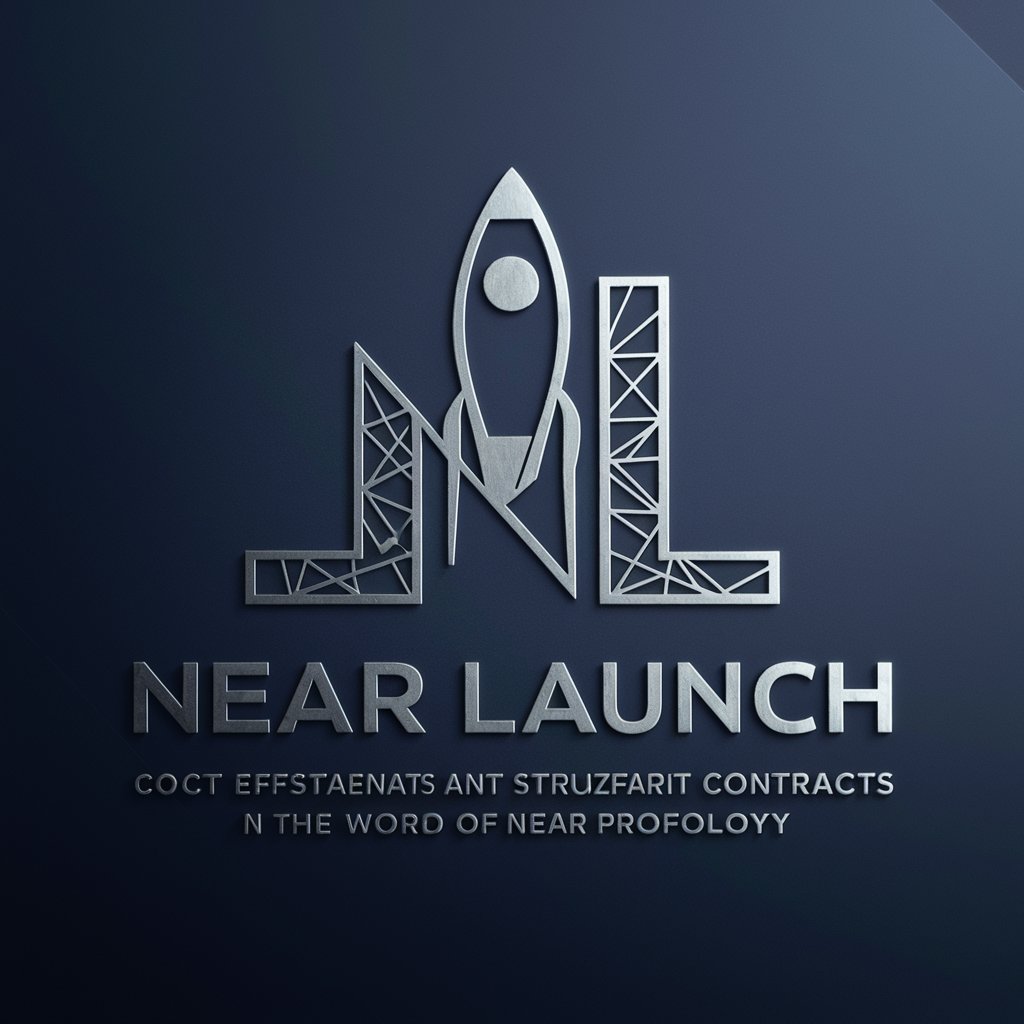
Smart Contract and DAO builder
Empowering Blockchain Innovation with AI
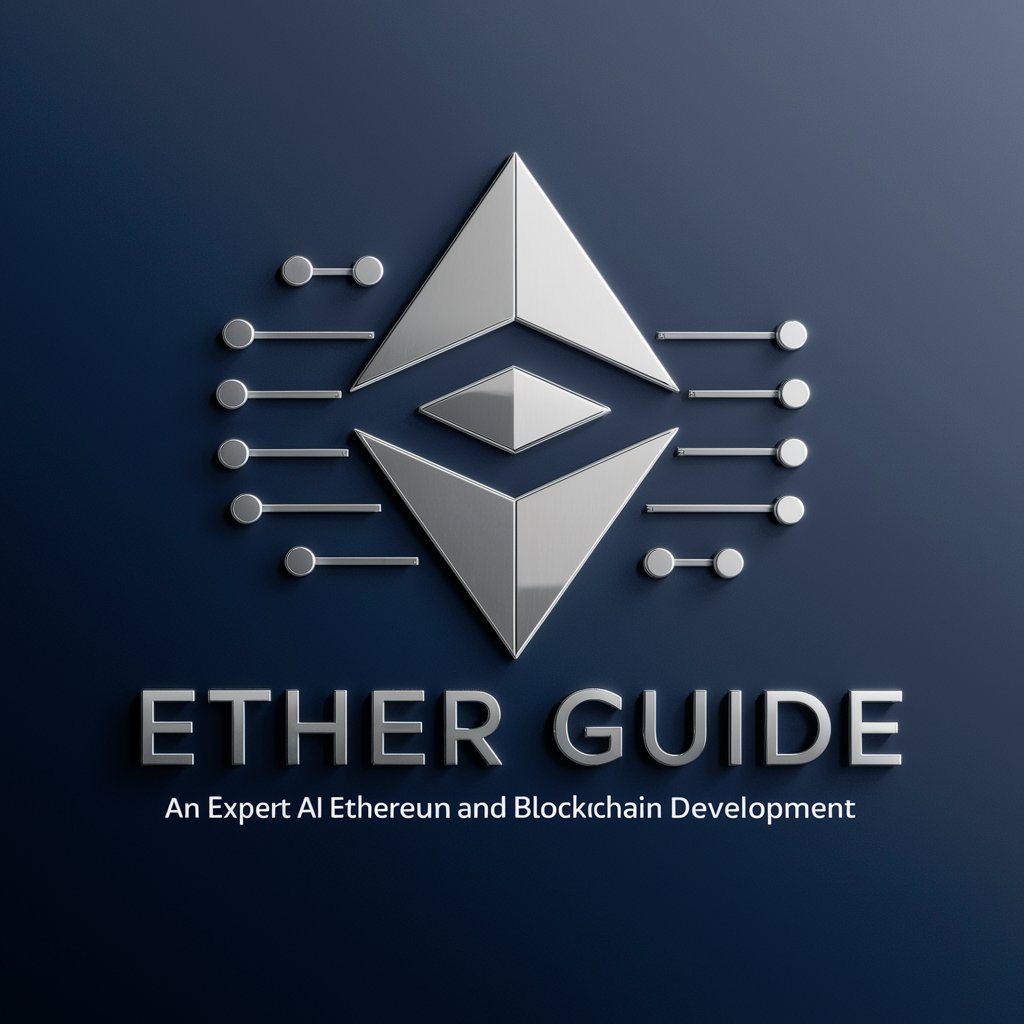
Smart Token Architect
Empower Your Blockchain with AI
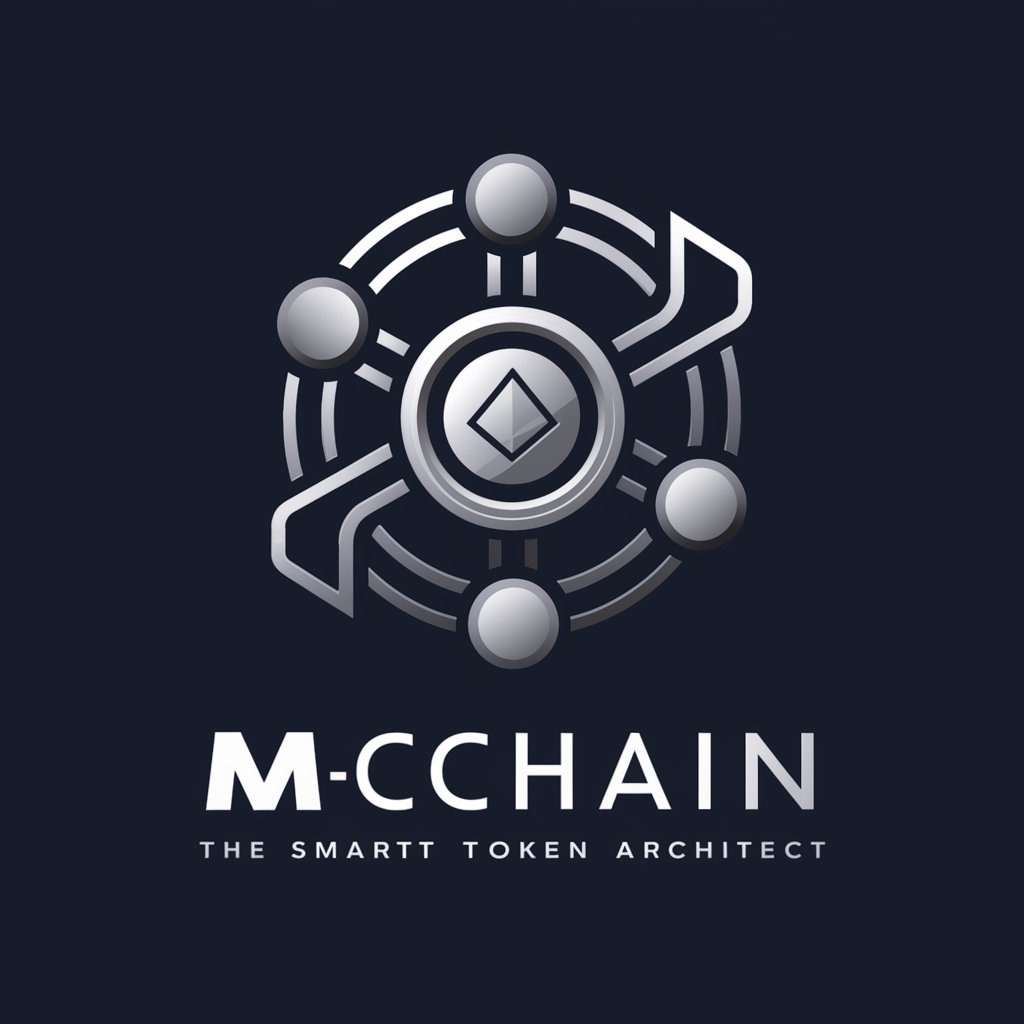
Key Attributes of Token Creation GPTs
These AI tools stand out for their adaptability, supporting users from conceptual design to token deployment. They can generate and analyze smart contracts, offer predictions on token performance, and simulate market scenarios. Special features include language learning for international tokenization strategies, technical support for blockchain integration, advanced web searching for market analysis, image creation for digital assets, and data analysis capabilities for token metrics evaluation.
Who Benefits from Token Creation AI?
AI GPTs for Token Creation cater to a broad audience, from novices exploring digital assets to developers and professionals in blockchain technology. They are particularly beneficial for individuals without coding skills, offering user-friendly interfaces, while also providing extensive customization options for those with programming expertise. This dual approach ensures accessibility and adaptability for a diverse user base.
Try Our other AI GPTs tools for Free
Contract Simulation
Revolutionize contract management with AI GPTs for Contract Simulation. Tailored for legal efficiency, these tools offer multilingual support, scenario simulation, and user-friendly customization.
AI Roleplay
Explore the transformative potential of AI GPTs in AI Roleplay, enhancing narratives with dynamic, interactive experiences. Ideal for creatives, educators, and tech enthusiasts seeking immersive storytelling tools.
Warranty Insights
Discover how AI GPTs revolutionize warranty management with predictive insights, streamlined processes, and enhanced customer satisfaction, suitable for users of all technical levels.
Manga Inspiration
Unlock your manga creation potential with AI GPTs for Manga Inspiration, your go-to solution for generating ideas, characters, and visuals effortlessly.
Live Chat
Revamp your business's buzz and erode straits with our generative text-based GPTs, reimagining live chat from volume to technical talk.
Manuscript Drafting
Unlock the potential of your writing with AI GPTs for Manuscript Drafting, the ultimate AI tool for enhancing creativity, productivity, and precision in manuscript preparation.
Extended Perspectives on Token Creation AI
GPTs offer a revolutionary approach to token creation, providing scalable, efficient solutions across sectors. Their ability to learn and adapt makes them ideal for the dynamic nature of digital assets. User-friendly interfaces and potential for system integration highlight the versatility and forward-thinking approach of AI in the blockchain and tokenization space.
Frequently Asked Questions
What exactly is AI GPT for Token Creation?
AI GPT for Token Creation refers to using Generative Pre-trained Transformers to automate and optimize the processes involved in creating, managing, and distributing digital tokens on blockchain platforms.
Who can use these AI tools?
Anyone interested in token creation, from blockchain enthusiasts and entrepreneurs to developers and professionals in the financial sector, can use these AI tools.
Do I need programming skills to use these tools?
No, these tools are designed to be user-friendly for those without programming skills, providing guided processes for token creation and management.
Can developers customize these AI GPTs for specific needs?
Yes, developers can access more advanced features and APIs to tailor the AI tools for specific project requirements or to integrate with existing systems.
How do these tools integrate with blockchain technology?
These AI tools can generate smart contracts, interact with blockchain APIs, and provide simulations and analyses based on current blockchain technologies.
Can AI GPTs predict the market performance of a token?
Yes, through data analysis and market trend simulations, these tools can offer insights into potential market performance and tokenomics strategies.
Are there any legal considerations when using AI for token creation?
Yes, users should be aware of regulatory and compliance issues in their jurisdiction. AI tools can provide guidance, but legal advice is recommended for compliance matters.
What future developments can we expect in AI GPTs for Token Creation?
Future developments may include more sophisticated market analysis, enhanced smart contract security features, and more intuitive interfaces for users without technical backgrounds.